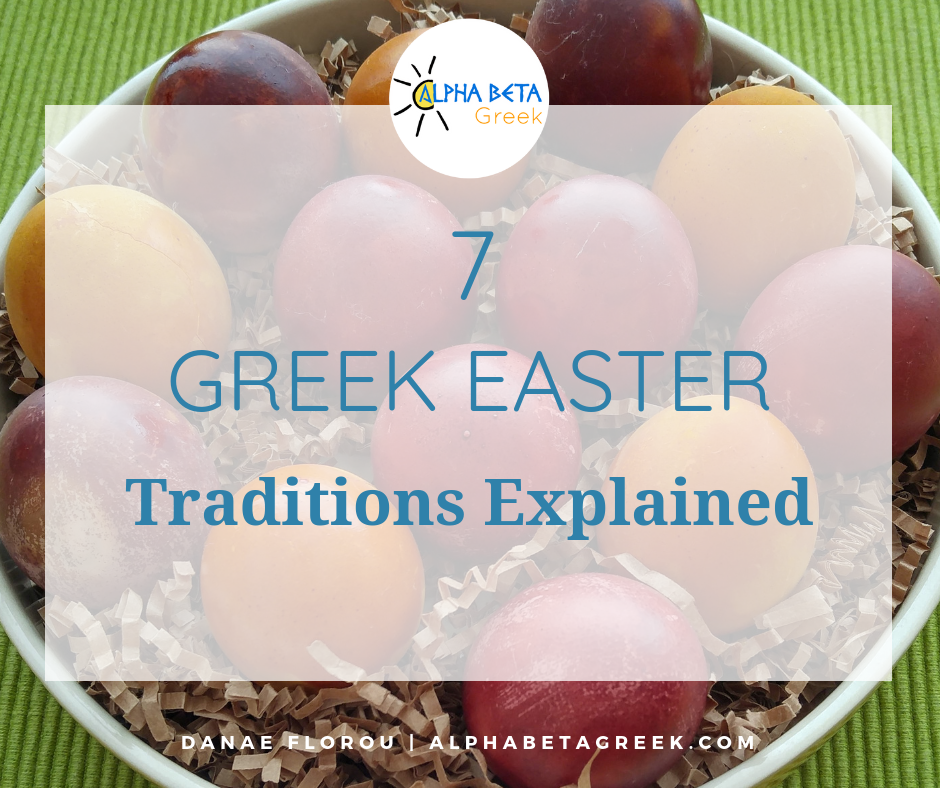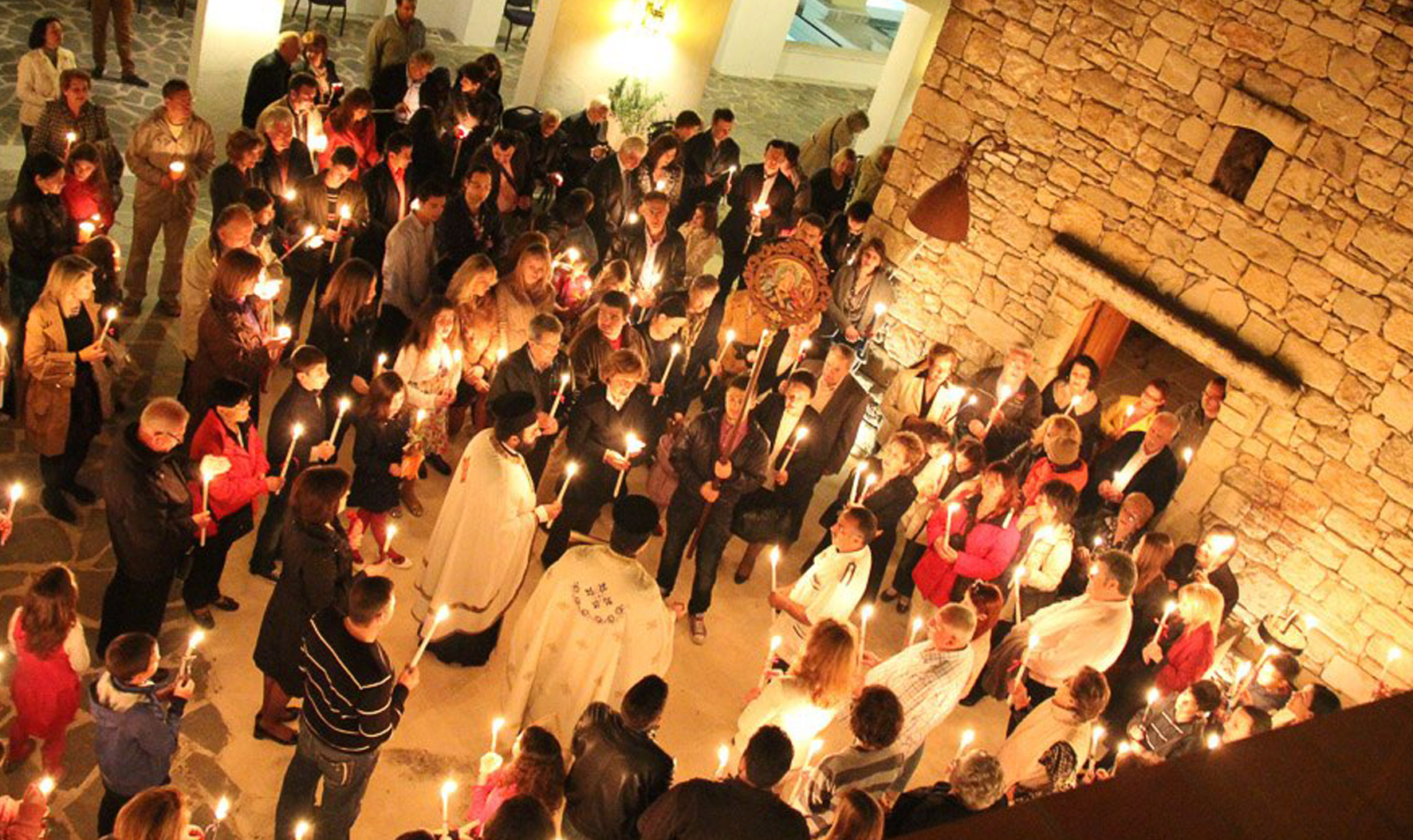The Significance And Celebration Of Greek Easter In 2026
The Significance and Celebration of Greek Easter in 2026
Related Articles: The Significance and Celebration of Greek Easter in 2026
Introduction
With great pleasure, we will explore the intriguing topic related to The Significance and Celebration of Greek Easter in 2026. Let’s weave interesting information and offer fresh perspectives to the readers.
Table of Content
The Significance and Celebration of Greek Easter in 2026
)
Greek Easter, a vibrant and deeply meaningful celebration, holds a special place in the hearts of Orthodox Christians worldwide. Unlike the Western celebration of Easter, which falls on a fixed date, the date of Greek Easter varies annually, determined by the lunar calendar and the complex calculations of the Orthodox Church.
Understanding the Date: A Lunar Calculation
The date of Greek Easter is not fixed but calculated based on the first Sunday after the first full moon following the spring equinox. This method, known as the "Computus," results in a date that can fall anywhere between March 22nd and April 25th.
The Importance of Greek Easter
Greek Easter commemorates the resurrection of Jesus Christ, a pivotal event in Christian faith. It is a time of profound spiritual reflection, joy, and renewal. The celebration extends beyond religious observance, encompassing cultural traditions and festivities that bring communities together.
Celebrating Greek Easter in 2026
While the exact date for Greek Easter in 2026 is yet to be calculated, it is anticipated to fall within the traditional timeframe. The anticipation builds as the date approaches, with preparations for the celebrations commencing weeks in advance.
The Essence of the Celebrations
Holy Week: The week leading up to Easter Sunday is known as Holy Week, a period of intense prayer, fasting, and reflection. It culminates in Good Friday, commemorating the crucifixion of Jesus Christ, and Holy Saturday, a day of mourning and anticipation.
Easter Sunday: The climax of the celebrations is Easter Sunday, a day of immense joy and celebration. Churches across Greece and the diaspora hold special services, often featuring elaborate processions and the lighting of candles. The traditional "Christos Anesti" (Christ is Risen) greeting echoes through the air, signifying the triumph of life over death.
Cultural Traditions:
Food: Traditional Greek Easter dishes, such as Tsoureki (a sweet bread), red eggs, and lamb, are central to the celebrations. The red eggs symbolize the blood of Christ, while the lamb represents the sacrifice.
Family Gatherings: Greek Easter is a time for families and friends to come together. Large feasts are held, featuring traditional dishes and festive music.
Processions: Elaborate processions, often featuring icons and religious figures, are a significant part of the celebrations. These processions symbolize the victory of Christ over death and bring communities together.
Benefits of Observing Greek Easter
Beyond its religious significance, Greek Easter offers numerous benefits:
- Spiritual Renewal: The celebrations provide an opportunity for spiritual reflection and renewal, fostering a connection with faith and a sense of purpose.
- Community Building: The communal nature of the celebrations strengthens bonds within families and communities, fostering a sense of belonging and shared experience.
- Cultural Preservation: Traditional customs and practices are passed down through generations, ensuring the preservation of cultural heritage.
- Joy and Celebration: The vibrant festivities bring joy and happiness, reminding us of the triumph of life over death.
Frequently Asked Questions (FAQs) about Greek Easter
Q: How is the date of Greek Easter determined?
A: The date is calculated based on the first Sunday after the first full moon following the spring equinox. This method ensures that the date varies each year.
Q: What is the significance of the red eggs?
A: Red eggs symbolize the blood of Christ and represent the triumph of life over death.
Q: What is the role of the lamb in Greek Easter celebrations?
A: The lamb represents the sacrifice of Jesus Christ. It is traditionally roasted and served as a central dish during the Easter feast.
Q: What are some of the traditional customs associated with Greek Easter?
A: Some common customs include the blessing of the Easter baskets, the lighting of candles, the exchange of the "Christos Anesti" greeting, and the breaking of the red eggs.
Tips for Experiencing Greek Easter
- Plan Ahead: If you are traveling to Greece for Greek Easter, it is essential to book accommodation and transportation well in advance, as the celebrations are popular and attract large crowds.
- Respect Traditions: Be mindful of local customs and traditions and dress respectfully when attending church services or participating in processions.
- Try Traditional Food: Sample the delicious traditional dishes, such as Tsoureki, red eggs, and roasted lamb.
- Engage with the Community: Participate in the festivities and interact with locals to experience the true spirit of Greek Easter.
Conclusion
Greek Easter is a vibrant and meaningful celebration that transcends religious boundaries, offering a profound spiritual experience and a joyous cultural expression. It is a time for reflection, renewal, and coming together as a community. As the date of Greek Easter in 2026 approaches, the anticipation builds, promising a celebration filled with joy, tradition, and the spirit of resurrection.




:max_bytes(150000):strip_icc()/Greek-easter-GettyImages-85652438-58ac593e5f9b58a3c9fee616.jpg)



Closure
Thus, we hope this article has provided valuable insights into The Significance and Celebration of Greek Easter in 2026. We thank you for taking the time to read this article. See you in our next article!